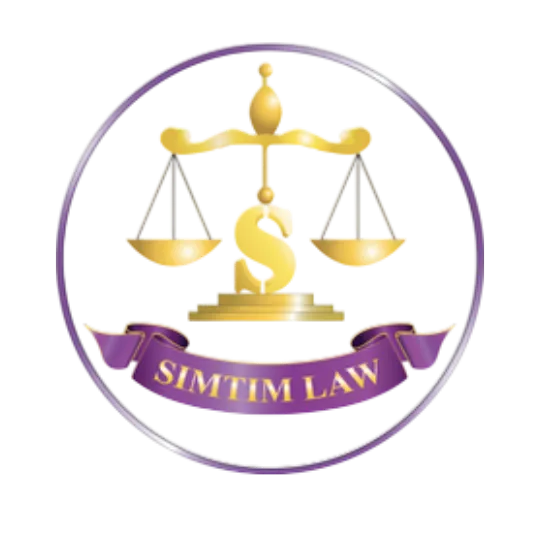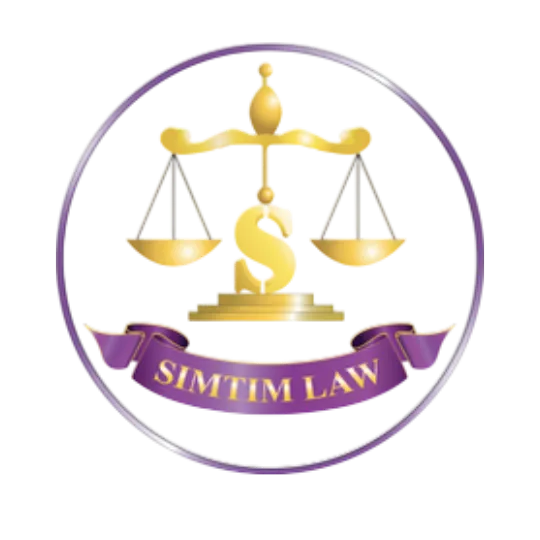Do you have questions about Philippine law?
Talk to a Philippine Lawyer from wherever you are...
Navigating legal challenges related to your Philippine Citizenship, Philippine Visa, Philippine Property, Succession or Inheritance, Marriage or its Dissolution, Annulment, Legal Separation, Recognition of Foreign Divorce or other legal issues should not require an expensive plane ticket.

Atty. Eufemio A. Simtim Jr.
Atty. Jayr has been a licensed lawyer in the Philippines since 2008. He has been in the litigation practice in most part of his legal career and has worked in the academe, in the government, and in the corporate world. He also hurdled the PRC licensure exams for Real Estate Broker and for Real Estate Appraiser, ranking No. 5 in the latter. He presently runs his YouTube Channel, @yourlawyer, providing free legal information and updates.
The Legal Team
GREAT NEWS! We have partnered with a team of dedicated Philippine lawyers, each one with specific areas of practice and ready to assist you with your legal matters in the Philippines. The team consists of professionals with a comprehensive understanding of various legal fields, thus ensuring that you get the quality of legal services that you deserve.

Consultation Services
Through Virtual Consultation with a Filipino lawyer, you can now address your legal concerns effectively and efficiently from wherever you are.

Philippine Citizenship & Immigration
Dual & Multiple Citizenships
Naturalization
Immigrant Visa
Permanent Resident Visa
Returning Former Natural-Born
Filipino Citizen
Marriage/Spousal Visa
Non-Immigrant Visa
Philippine Balikbayan Program
Special Resident Retiree’s Visa
(SRRV)

Property Law
Land Ownership
Land Acquisition
Inheritance
Agricultural Tenancy
Foreign Investments
Acquisition, Ownership or Possession of Land in the Philippines by:
Former Filipinos
Foreign Nationals/Citizens
Dual Filipino Citizens

Family Law
Marriage
Spousal & Child Support
Adoption
Legal Separation
Child Custody
Declaration of Nullity of Marriage
Annulment
Recognition of Foreign Divorce
Ready to get started?
TESTIMONIALS
What others are saying

"Loved everything so far"
"Testimonial lorem ipsum dolor sit amet, consectetur adipisicing elit. Autem dolore, alias, numquam enim dolor elit."
- Your Name


"My life changed forever"
"Testimonial lorem ipsum dolor sit amet, consectetur adipisicing elit. Autem dolore, alias, numquam enim dolor elit."
- Your Name


"Highly recommend this"
"Testimonial lorem ipsum dolor sit amet, consectetur adipisicing elit. Autem dolore, alias, numquam enim dolor elit."
- Your Name

nEED OUR HELP DRAFTING YOUR POWER of attorney?
Take Control of Your Legal Challenges
No more uncertainty or unnecessary travel. Connect with a Philippine lawyer today for a professional, informative, and engaging consultation experience.
Frequently Asked Questions
What is the cost of a virtual consultation?
The cost for a virtual consultation session is $100 USD. This fee secures your appointment and ensures a committed consultation timeframe.
How can I make a payment?
Payments can be made securely through our online booking system. We accept major credit/debit cards, bank transfers, and PayPal.
Can I cancel my appointment and get a refund?
Yes, you can cancel your appointment and be eligible for a refund if you do so at least 48 hours before the scheduled meeting. Please note that any charges from the payment portal or your bank card will be deducted from the refund.
What happens if I miss my appointment?
If you do not show up for your appointment without prior cancellation, the payment is forfeited and no refund will be issued.
What should I do if I encounter payment issues?
If you experience any payment difficulties, please contact us immediately through email at [email protected]
Can I reschedule my appointment?
Yes, you can reschedule your appointment provided you inform us at least 48 hours in advance. This allows us to adjust our schedules accordingly and accommodate your new requested time.
What happens next upon successful payment?
After your payment is processed, you'll be guided to a page where you can provide your virtual consultation details. These details are essential for maximizing the productivity and effectiveness of your session.
How do I prepare for my virtual consultation?
To make the most of your session, gather all relevant documents, notes, or questions you have about your legal issue. This preparation helps in ensuring a productive consultation session.
Is it possible to have a consultation outside office hours?
Although our availabilities are defined in the calendar selection, we endeavor to accommodate our clients in various time zones. Please contact us to discuss your scheduling needs, and we'll happily arrange a special appointment upon request. You can also email us at [email protected] for assistance.
What platform do you use for the virtual consultations?
We use Google Meet for our consultations, allowing clients to join directly through a web browser without needing to download any software. Details and a link will be provided upon booking confirmation.
How does Simtim Law ensure the confidentiality of my consultation?
Our consultations are conducted using secure systems, and client information is handled with the utmost confidentiality, adhering to legal and ethical standards.
Do I need any special software for the virtual meetings?
No special software is required. A stable internet connection and a device with video and audio capabilities will suffice. Google Meet is accessible through a web browser.
FOLLOW US
THE FIRM
CUSTOMER CARE
LEGAL

© 2026. Simtim Law. All Rights Reserved.
